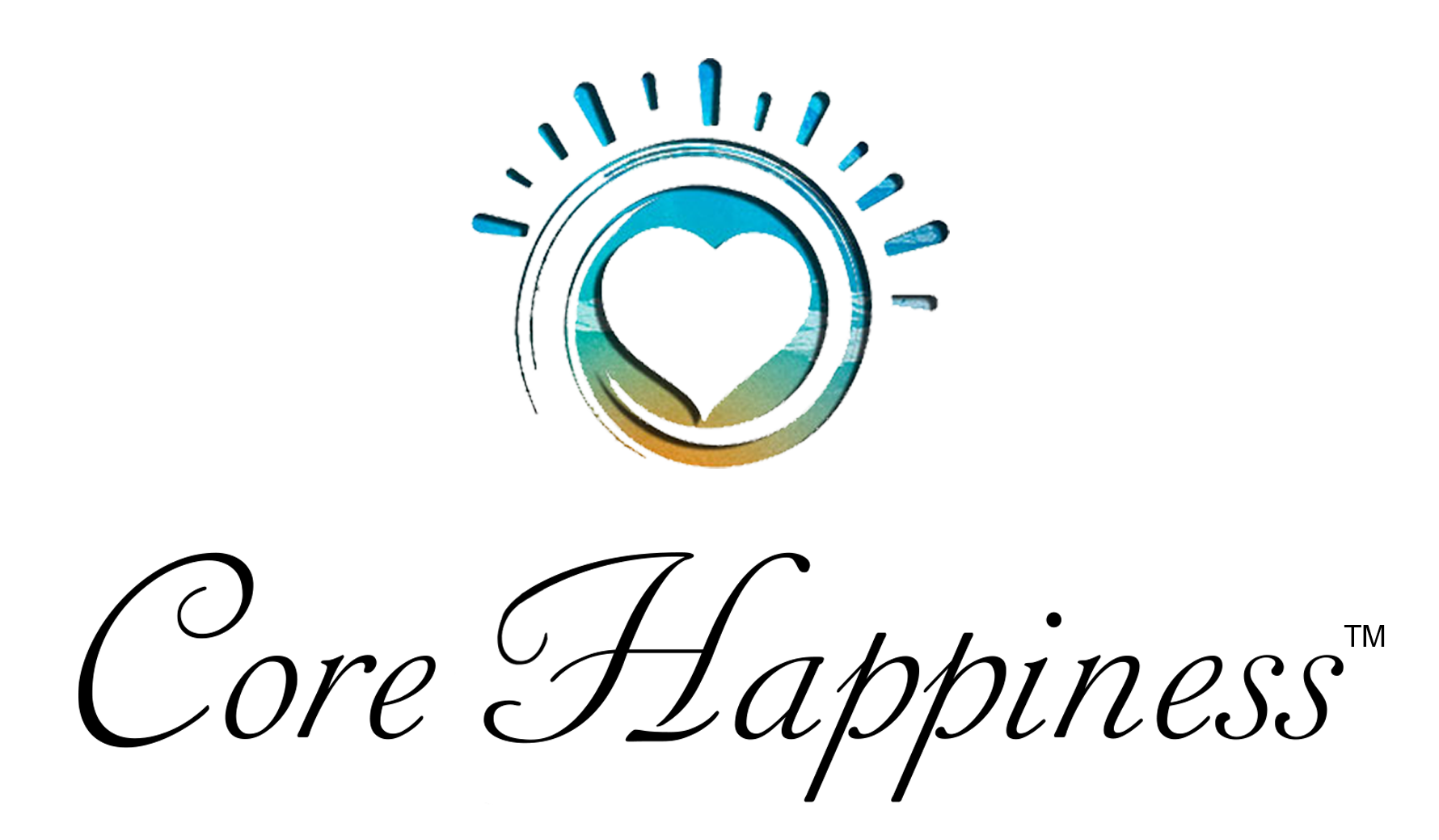As the year draws to a close, many individuals find themselves reflecting on the past twelve months, evaluating their accomplishments, challenges, and personal growth. This year-end self-reflection is a valuable exercise that can help set the stage for personal development and goal setting in the new year.
The Importance of Self-Reflection
Self-reflection is a critical tool for individual growth and development. It allows all of us to to gain a deeper understanding of ourselves, their values, and their aspirations. By examining their past experiences, individuals can identify patterns, strengths, and areas for improvement. This self-awareness works as a foundation for setting meaningful goals and making informed decisions about the future.
Year-end self-reflection is particularly beneficial as it provides a broader perspective on the year as a whole. It allows individuals to assess their overall progress, rather than focusing on isolated events or achievements. This holistic approach leads to a more comprehensive understanding of oneself and one’s trajectory.
Steps for Effective Year-End Self-Reflection
To conduct an effective year-end self-reflection, consider following these steps:
- Gather Your Reflections: Dedicate time and space for uninterrupted reflection. Gather any journals, notes, or mementos that may aid your recollection of the year’s events.
- Review Key Areas: Divide your reflection into different categories, such as personal growth, professional development, relationships, and overall well-being. This categorization helps organize your thoughts and identify patterns in each area.
- Identify Accomplishments: Reflect on your achievements throughout the year, both big and small. Celebrate your successes, no matter how incremental they may seem.
- Acknowledge Challenges: Recognize the challenges you faced during the year. Understanding these obstacles can help you develop resilience and strategies for overcoming future hurdles.
- Assess Strengths and Weaknesses: Identify your strengths, which have served you well, and your weaknesses, which may require further development.
- Uncover Underlying Themes: Look for recurring patterns or themes that emerged throughout the year. These themes can provide insights into your core values and aspirations.
- Set SMART Goals: Based on your reflections, set SMART goals for the new year. SMART goals are Specific, Measurable, Achievable, Relevant, and Time-Bound, increasing your chances of success.
Enhancing Your Self-Reflection
To enhance your self-reflection, consider incorporating these additional tips:
- Engage in Mindfulness Practices: Engage in mindfulness activities like meditation or deep breathing to enhance focus and clarity during your reflections.
- Seek Feedback from Others: Seek honest feedback from trusted friends, family members, or mentors to gain external perspectives.
- Journal Your Reflections: Journaling provides a tangible record of your thoughts and feelings, allowing you to revisit your reflections later.
- Utilize Reflection Prompts: Use reflection prompts to guide your thought process and uncover deeper insights.
- Seek Professional Guidance: If you struggle with self-reflection, consider seeking guidance from a coach. Click here to schedule a FREE consultation with me to discuss personal or professional goals.
Year-end self-reflection is a powerful tool for personal growth and goal setting. By taking time to examine the past year, you can gain valuable insights into your goals, strengths, weaknesses, and aspirations. These insights serve as a foundation for setting meaningful goals and making informed decisions for the future. As you embark on your year-end self-reflection, remember that the journey of personal growth is a continuous one. With dedication and self-awareness, you can set the stage for a brighter and more fulfilling future.

